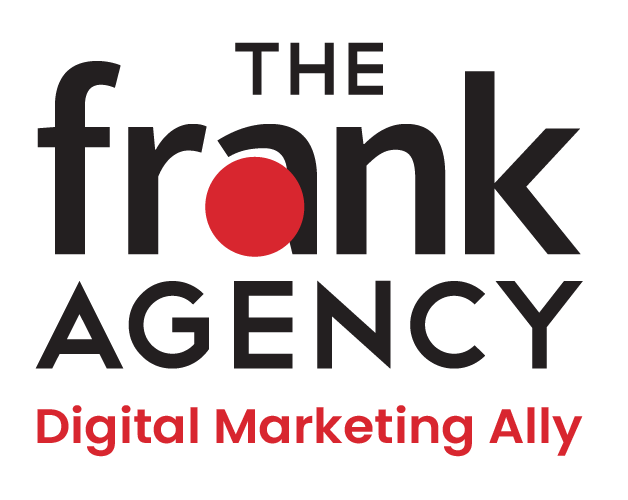Understanding Analytics:
Analytics refers to the systematic collection, interpretation, and analysis of data to gain valuable insights. It involves using tools and techniques to measure, track, and evaluate various metrics and patterns. By harnessing the power of analytics, businesses can find hidden trends, correlations, and opportunities within their data, leading to improved strategies and outcomes.
The Importance of Analytics:
- Informed Decision-Making: Analytics provides actionable insights that guide decision-making processes. By analyzing data, businesses gain a deeper understanding of customer behavior, market trends, and operational efficiency, enabling them to make informed choices that drive success.
- Optimizing Performance: Through analytics, businesses can identify areas of improvement and optimize performance. By measuring key metrics, tracking progress, and benchmarking against industry standards, organizations can make data-driven decisions to enhance productivity, efficiency, and profitability.
- Predictive Capabilities: Analytics empowers businesses to forecast future outcomes based on historical data patterns. By leveraging predictive analytics models, organizations can anticipate customer preferences, demand fluctuations, and market trends, gaining a competitive edge in adapting to changing circumstances.
- Personalized Experiences: With the help of analytics, organizations can tailor their products, services, and marketing efforts to individual customer preferences. By capturing and analyzing customer data, businesses can create personalized experiences that resonate with their target audience, fostering stronger relationships and loyalty.
Optimize Business Insights with Analytics:
To effectively leverage analytics in your business, consider the following steps:
- Define Objectives: Identify clear goals and objectives for your analytics initiatives. What insights are you hoping to gain? What business problems do you seek to solve?
- Data Collection and Integration: Ensure you have a robust data collection and integration strategy in place. Collect relevant data from various sources, then clean and consolidate it for analysis.
- Choose Appropriate Tools: Select analytics tools and technologies that align with your objectives and data requirements. Popular options include data visualization platforms, predictive modeling software, and business intelligence solutions.
- Data Analysis and Interpretation: Analyze your data using appropriate statistical methods, algorithms, and visualization techniques. Look for patterns, trends, and correlations that provide valuable insights for decision-making.
- Implement Actionable Insights: Translate your analytics findings into actionable strategies. Use the insights gained to optimize processes, launch targeted marketing campaigns, improve customer experiences, and drive overall business growth.
Transform Your Business with Strategic Analytics:
Analytics has become an indispensable tool for businesses seeking to thrive in the digital age. By embracing data-driven insights, you can make informed decisions, optimize performance, and stay ahead of the competition. Optimize analytics to uncover the potential within your data, driving success and achieving your strategic objectives.


